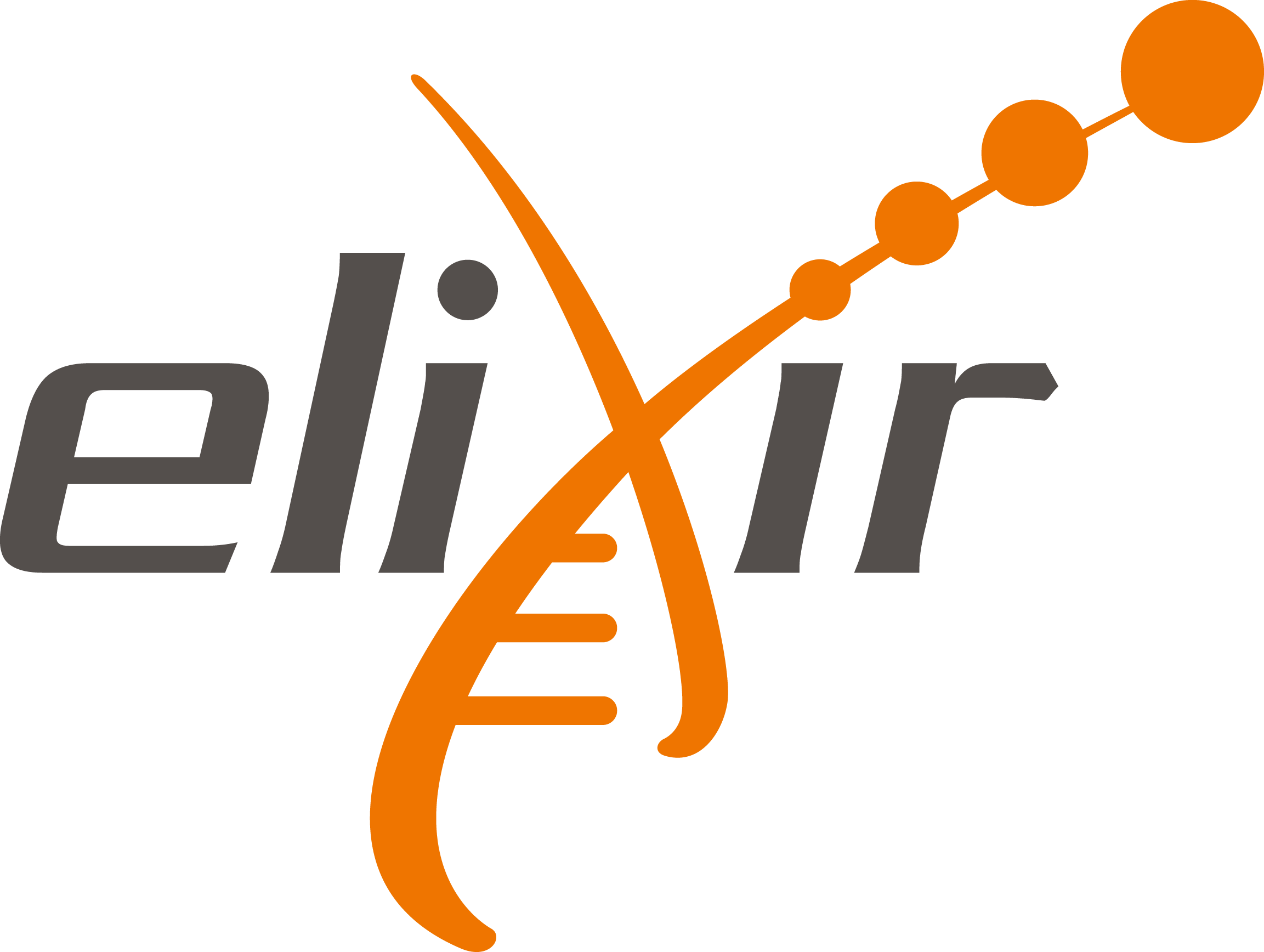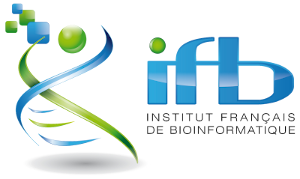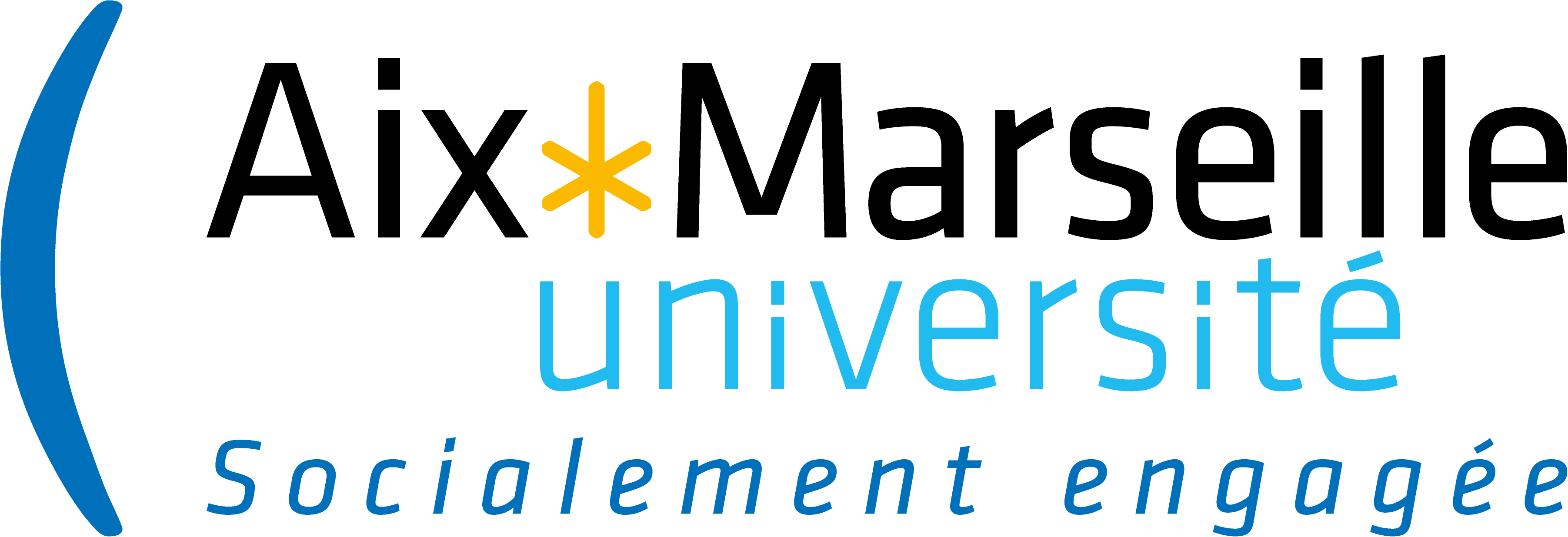Welcome
One of the most challenging ACMG-AMP guidelines evidence is the PM1, used in about 10% of cases, while the most widely used is the PM2/BS1 reported in 50% of cases. To revisit the PM1 and enrich the BS1 criteria to allow a better classification of human missense variations through protein domains’ information, we built the DOLPHIN system. Using ClinVar data, we showed that DOLPHIN accurately identifies key domain residues without relying on neighboring benign variations, thus revisiting the PM1 evidence. Concomitantly, we demonstrated that DOLPHIN provides a frequency for 32.6% of mutations located in protein domains vs. 7.8% by gnomAD, thus strongly enriching BS1 evidence as illustrated by the 570,498 mutations having a DOLPHIN frequency >1% and not reported in gnomAD. These elements allow an easier classification of amino acid substitutions localized in protein domains that account for almost 40.2% of proteins and where most pathogenic mutations are located.
Dolphin is freely available for non-commercial users. Nevertheless it is not allowed to copy all or part of the database content without specific authorisation from us. If you are a commercial user please contact us to obtain a dedicated license.
Partners
ELIXIR is an intergovernmental organisation that brings together life science resources from across Europe. These resources include databases, software tools, training materials, cloud storage and supercomputers.
As a national service infrastructure, the mission of the IFB is to offer communities in the life sciences and bioinformatics, academia and the private sector, access to resources vital to their research, support for projects based on a high level of expertise, and the possibility of participating in ambitious projects at national and international level. The services offered can be grouped into 5 categories: data, software tools, training, support for research projects in biology and the provision of an IT infrastructure dedicated to life sciences.
Inserm's transversal program on genomic variability in health and disease brings together specialists in genomic data analysis with complementary expertise in genetic epidemiology, statistical genetics, bioinformatics and functional genomics. The GOLD program teams intend to meet the challenges of analyzing genomic data to understand the role played by genes in the development and progression of diseases.
Fundings
Special Thanks
Thanks to Matthieu Corcuff for the logo design.





